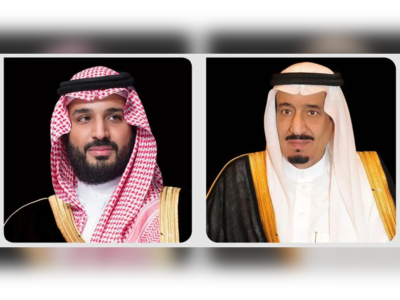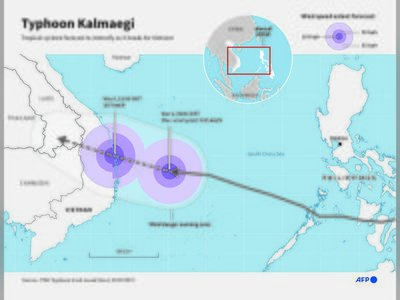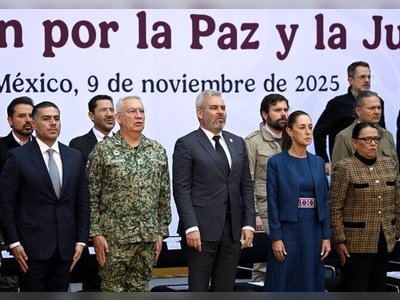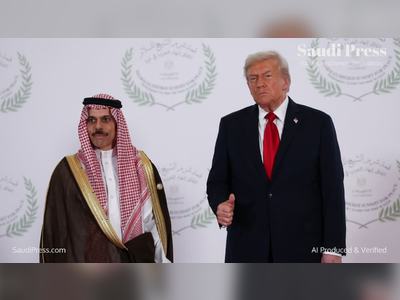Saudi Arabia Advances Regulated Stablecoin Plans with Global Crypto Exchange Support
Riyadh works with its central bank and securities regulator to launch national-level stablecoins, drawing backing from major digital-asset platforms
Saudi Arabia is moving closer to introducing national-level regulated stablecoins, engaging both the Saudi Central Bank (SAMA) and the Capital Market Authority (CMA) in foundational work to bring stable-value digital assets to market.
The initiative is part of the Kingdom’s broader Vision 2030 agenda, aiming to modernise payments, facilitate cross-border trade, and embed fintech into the financial ecosystem.
Earlier remarks by Minister Majed al-Hogail of the Ministry of Municipal, Rural Affairs and Housing confirmed that the government is working “in partnership” with SAMA and CMA to introduce stablecoins in the near term.
He described stable-value tokens as “a new foundation for the movement of value worldwide,” and noted Saudi Arabia’s readiness given its high rate of cashless retail transactions and growing fintech base.
Global cryptocurrency exchanges have responded positively.
Executives from major platforms such as BingX and Bybit hailed Saudi Arabia’s move as a “turning point” for the region’s digital-asset landscape, citing the shift from research to implementation in a policy-driven framework.
They pointed to potential benefits including faster settlement, greater liquidity efficiency and improved cross-border payment flows.
Industry analysts emphasise that while stablecoins are gaining traction globally, regulatory clarity and robust frameworks will determine whether they enhance financial stability or pose systemic risks.
In this respect, Saudi Arabia’s alignment of stable-coin development with SAMA/CMA oversight signifies a risk-aware approach anchored in established infrastructure.
For Saudi Arabia, regulated stablecoins serve multiple strategic goals: reinforcing its role as a regional financial hub, accelerating payment-rail modernisation, enabling tokenised real-world assets and supporting international investment inflows.
The government also links the initiative to expansion of real-estate funds and stronger fintech sandboxes—demonstrating a coordinated push across sectors.
If successfully rolled out, Saudi-issued stablecoins could elevate the Kingdom’s standing in digital finance and serve as a model for other Gulf states seeking to balance innovation with regulatory rigor.
The coming months will reveal whether the regulatory architecture, market readiness and infrastructure align to make this ambition operational.
The initiative is part of the Kingdom’s broader Vision 2030 agenda, aiming to modernise payments, facilitate cross-border trade, and embed fintech into the financial ecosystem.
Earlier remarks by Minister Majed al-Hogail of the Ministry of Municipal, Rural Affairs and Housing confirmed that the government is working “in partnership” with SAMA and CMA to introduce stablecoins in the near term.
He described stable-value tokens as “a new foundation for the movement of value worldwide,” and noted Saudi Arabia’s readiness given its high rate of cashless retail transactions and growing fintech base.
Global cryptocurrency exchanges have responded positively.
Executives from major platforms such as BingX and Bybit hailed Saudi Arabia’s move as a “turning point” for the region’s digital-asset landscape, citing the shift from research to implementation in a policy-driven framework.
They pointed to potential benefits including faster settlement, greater liquidity efficiency and improved cross-border payment flows.
Industry analysts emphasise that while stablecoins are gaining traction globally, regulatory clarity and robust frameworks will determine whether they enhance financial stability or pose systemic risks.
In this respect, Saudi Arabia’s alignment of stable-coin development with SAMA/CMA oversight signifies a risk-aware approach anchored in established infrastructure.
For Saudi Arabia, regulated stablecoins serve multiple strategic goals: reinforcing its role as a regional financial hub, accelerating payment-rail modernisation, enabling tokenised real-world assets and supporting international investment inflows.
The government also links the initiative to expansion of real-estate funds and stronger fintech sandboxes—demonstrating a coordinated push across sectors.
If successfully rolled out, Saudi-issued stablecoins could elevate the Kingdom’s standing in digital finance and serve as a model for other Gulf states seeking to balance innovation with regulatory rigor.
The coming months will reveal whether the regulatory architecture, market readiness and infrastructure align to make this ambition operational.










